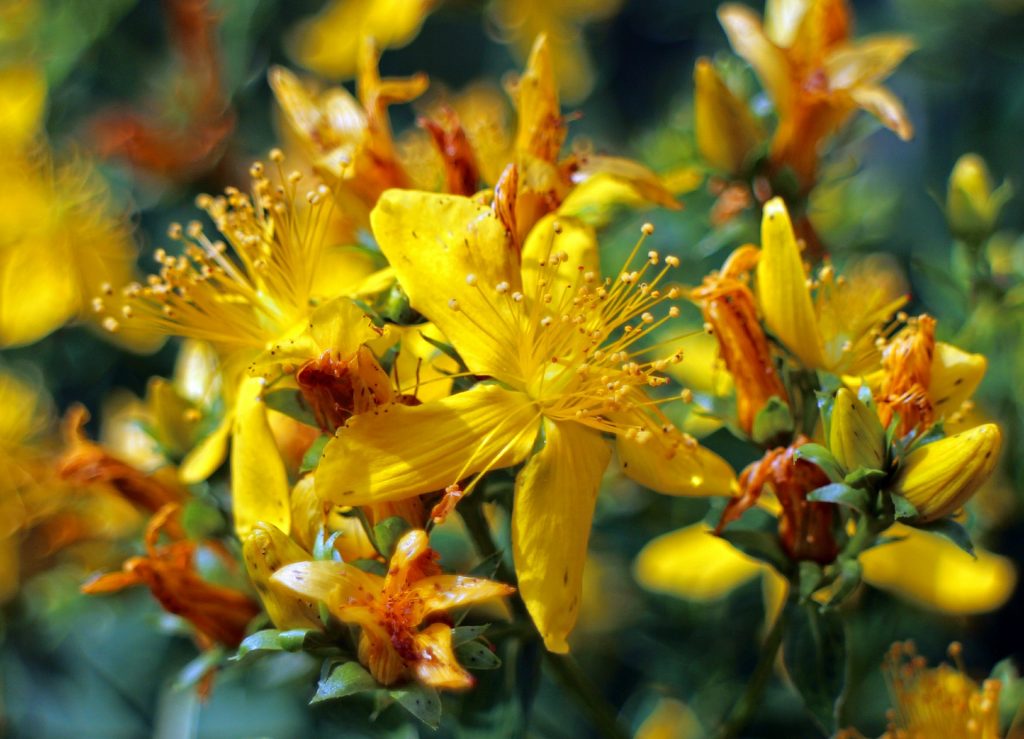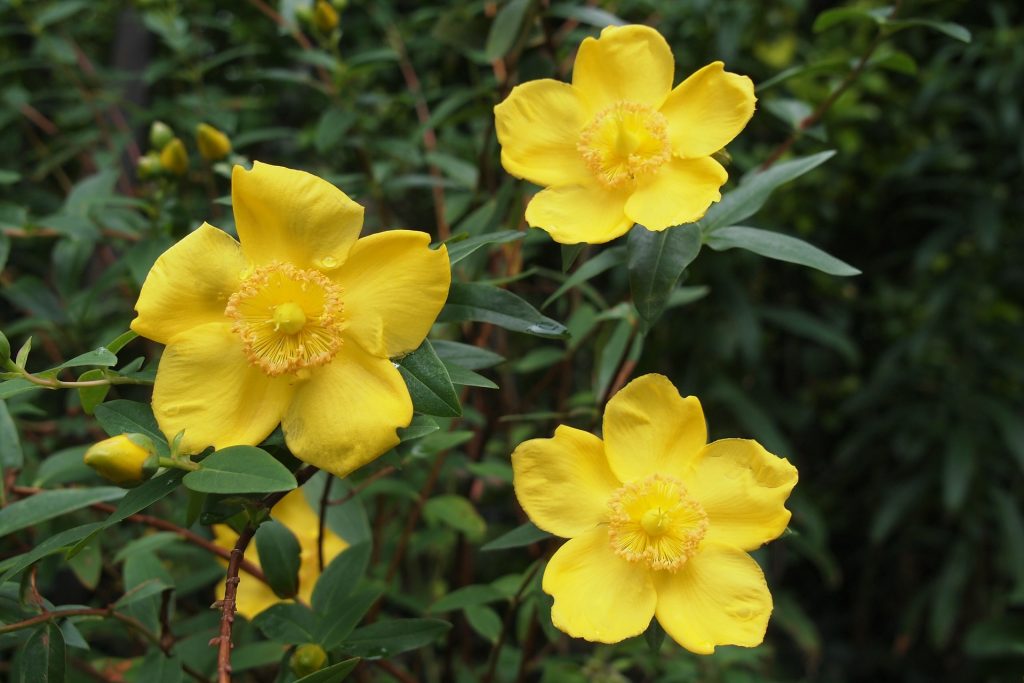 Depression and Anxiety are increasingly prevalent in Western society. Depression is characterised by a continual negative outlook in life that impinges on the ability to perform normally within society. Anxiety is slightly different in that it is characterised by feelings of uncontrolled fear, often with no apparent cause. The increase in anxiety and depression in society may relate to the way our lives have become more mentally stressful. Job stress, debt, housing shortages, the constant fear peddled by the media provide a continual source of stress to the population. It is not surprising that mental health issues are therefore increasing. Depression and anxiety are very difficult to treat because the cause of the changes that result in its development are not fully understood and because often it is not possible to pinpoint the external source that has lead to the symptoms of depression and anxiety. The current mainstream treatment for depression and anxiety is the use of selective serotonin reuptake inhibitor drugs.
Depression and Anxiety are increasingly prevalent in Western society. Depression is characterised by a continual negative outlook in life that impinges on the ability to perform normally within society. Anxiety is slightly different in that it is characterised by feelings of uncontrolled fear, often with no apparent cause. The increase in anxiety and depression in society may relate to the way our lives have become more mentally stressful. Job stress, debt, housing shortages, the constant fear peddled by the media provide a continual source of stress to the population. It is not surprising that mental health issues are therefore increasing. Depression and anxiety are very difficult to treat because the cause of the changes that result in its development are not fully understood and because often it is not possible to pinpoint the external source that has lead to the symptoms of depression and anxiety. The current mainstream treatment for depression and anxiety is the use of selective serotonin reuptake inhibitor drugs.

The distinctive yellow flowers of the St John’s Wort plant. Nature’s way of relieving depression with colour therapy.
An increasing number of people are becoming aware of the side effects inherent in such drugs. As a result there is a growing demand for the use of natural alternatives to prescription drugs. There are a number of herbs that have traditionally been used to treat depression and anxiety and of these the two most effective appear to be St John’s Wort (Hypericum perforatum) and kava (Piper mythysticum). St John’s Wort is a herb derived from the St John’s Wort plant, and it is used as a prescription drug in Germany to treat depression. It is often standardised for 0.3 % hypericin and pseudohypericin, the possible active ingredient (hyperforin xanthones and flavonoids may also have activity within the herb). Kava has traditionally been used in the pacific islands as a social drink and contains a number of substances, particularly the kavalactones, that may explain its effects against anxiety. Both herbs have an exceptional safety record in the medical literature, especially when compared to pharmaceutical drugs.

St John’s wort may be an effective treatment for mild to moderate depression, performing at least as well as selective serotonin reuptake inhibitor drugs in some studies.
A meta analysis of the effects of St John’s Wort and Kava was published in 2009 in the Journal of Alternative and Complementary Medicine. The study examined a number of previous studies on both St John’s Wort and kava, and showed that there was scientific evidence that St John’s Wort was effective as a treatment for mild to moderate depression and that Kava was an effective treatment for generalised anxiety. However, the authors did comment that there were no published studies on the effects of kava on post traumatic stress or obsessive compulsive disorder, and so these studies are warranted based on the perceived similar pathologies and links to anxiety. Both St John’s Wort and Kava were reported to be as effective as pharmaceutical alternatives, with kava producing effects at least as good as buspirone and opipramol and St John’s Wort being at least as effective as both older tricyclic antidepressants and newer selective reuptake inhibitor drugs, particularly fluoxetine.
RdB
